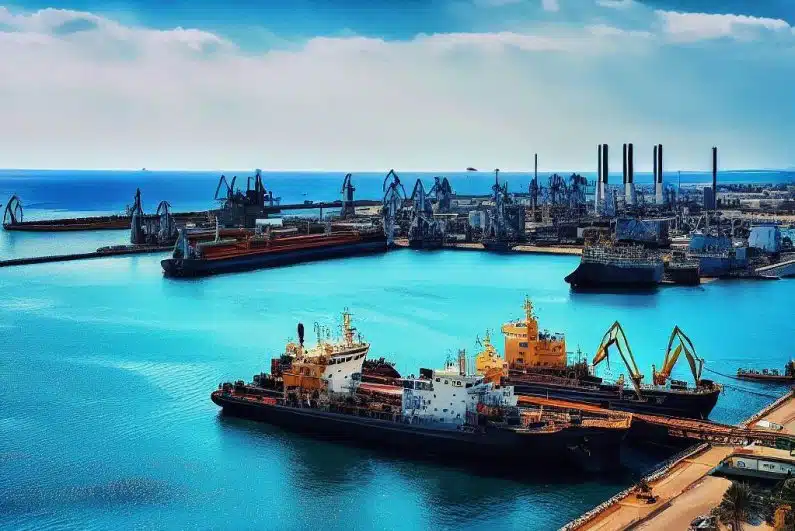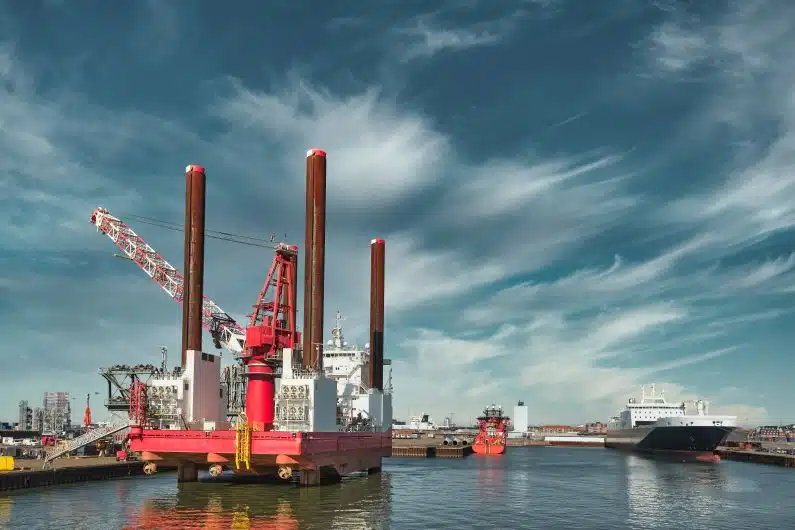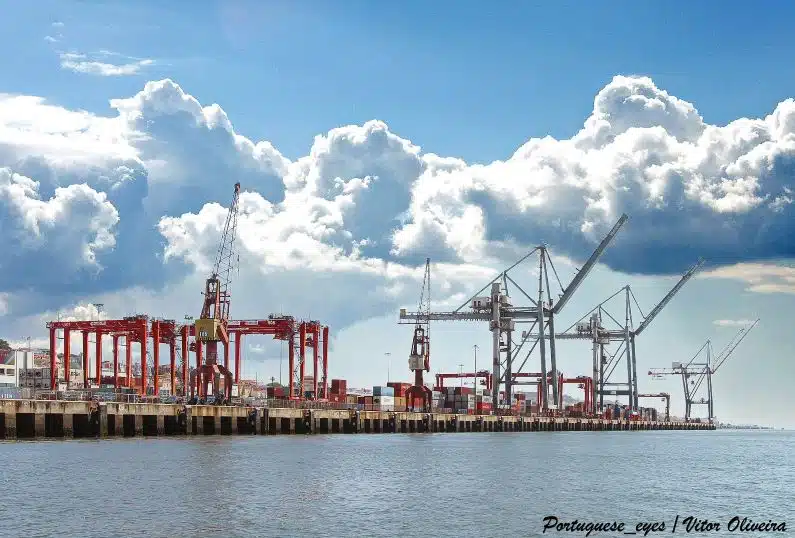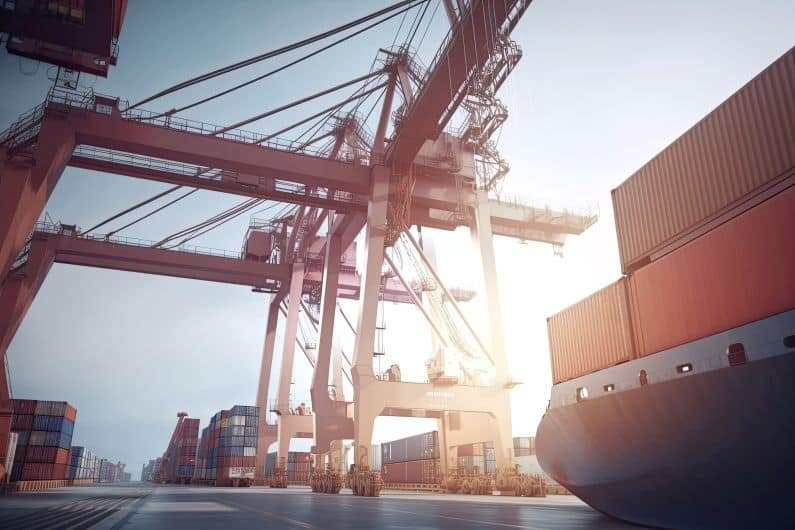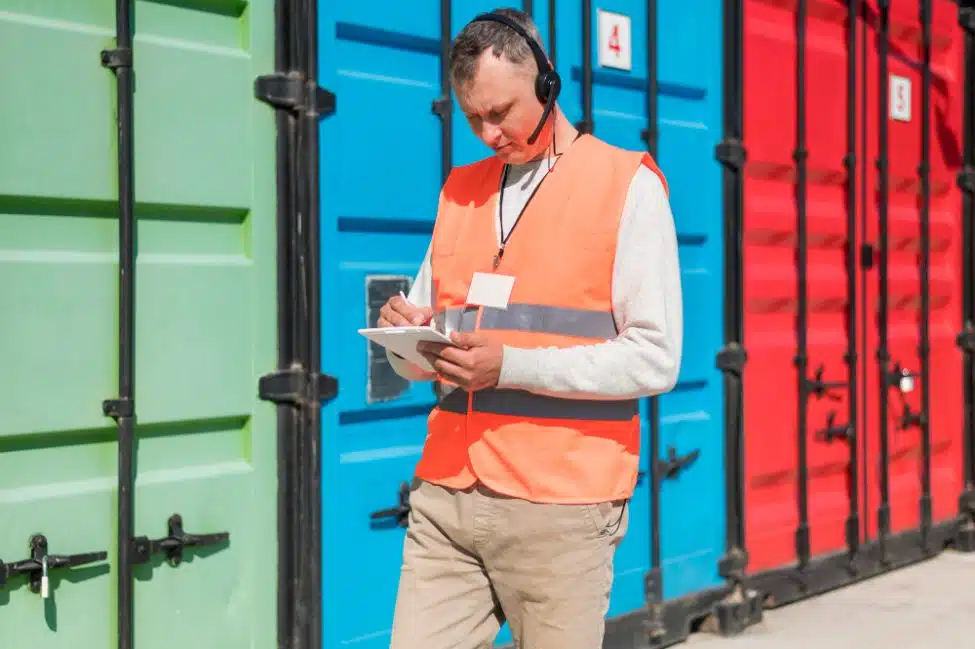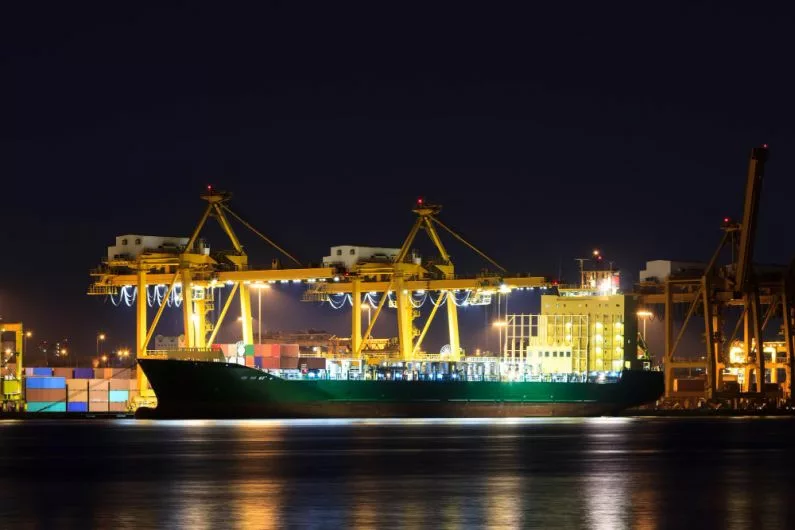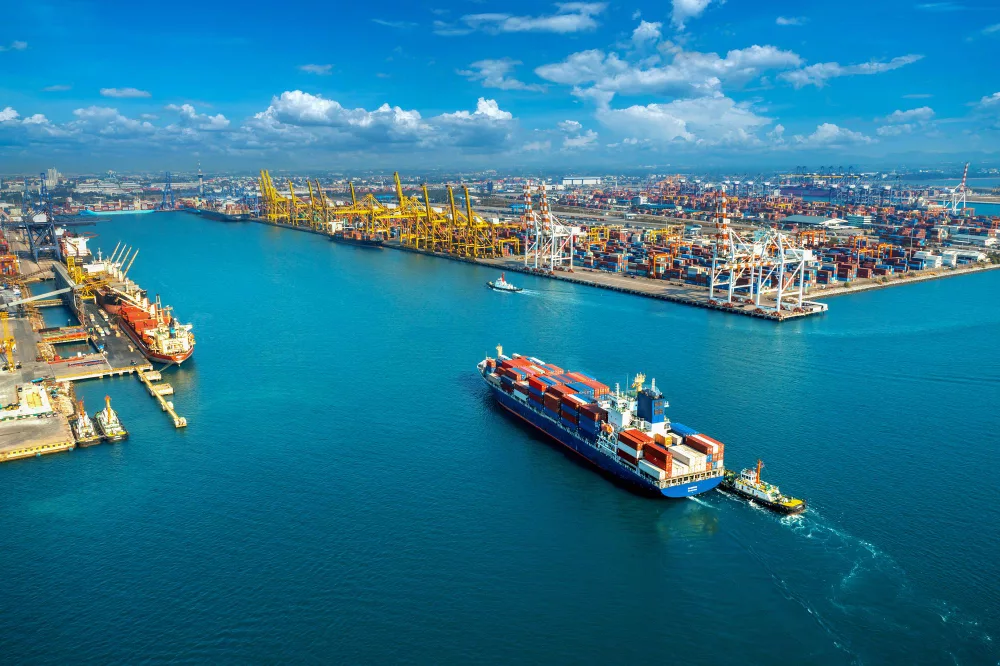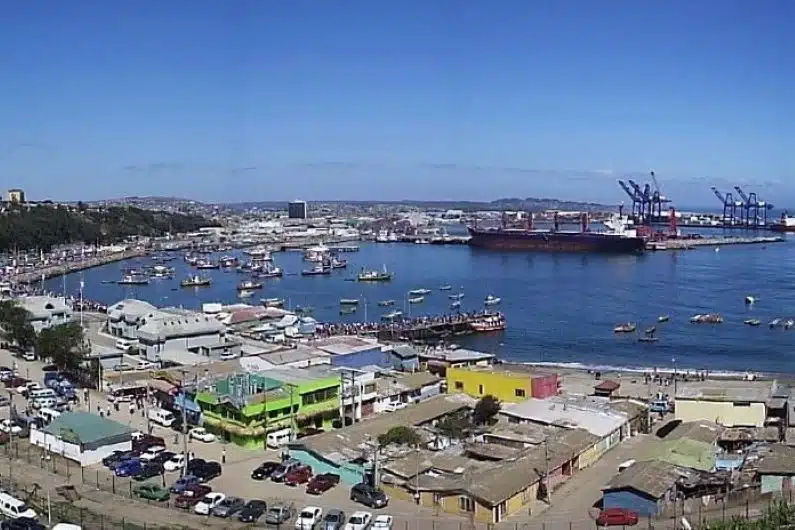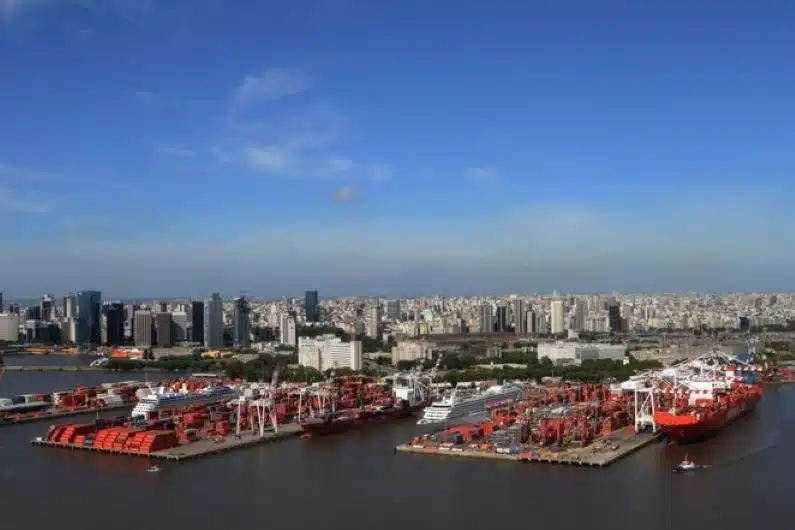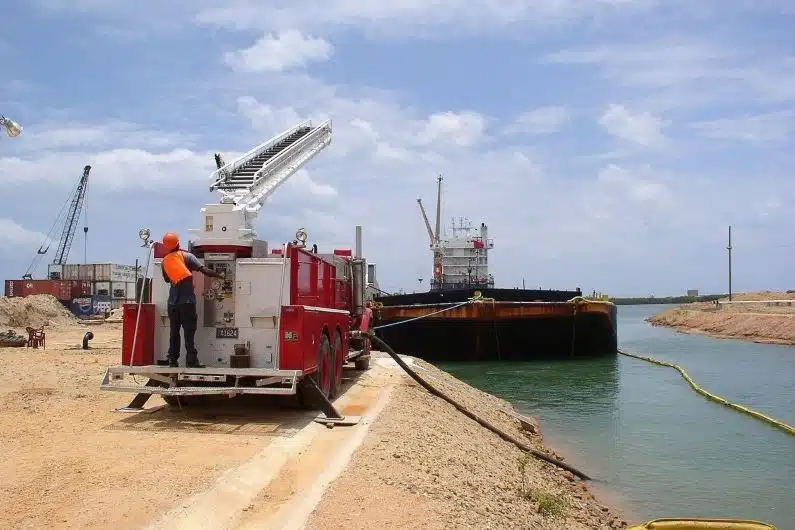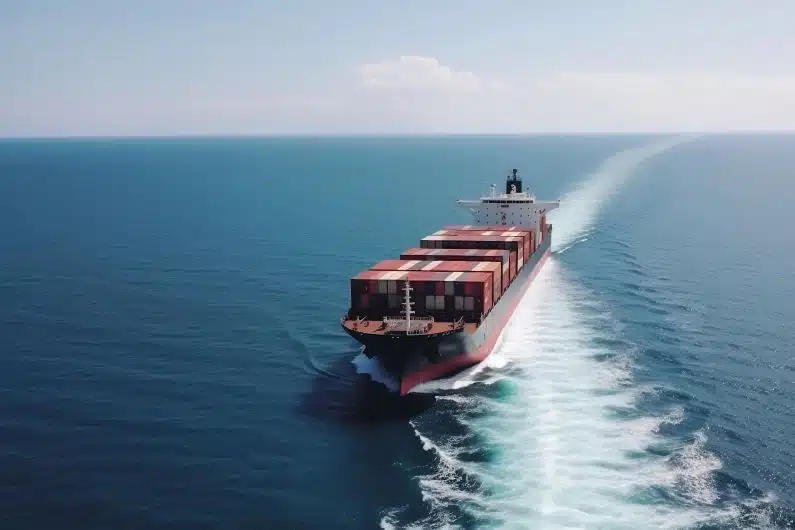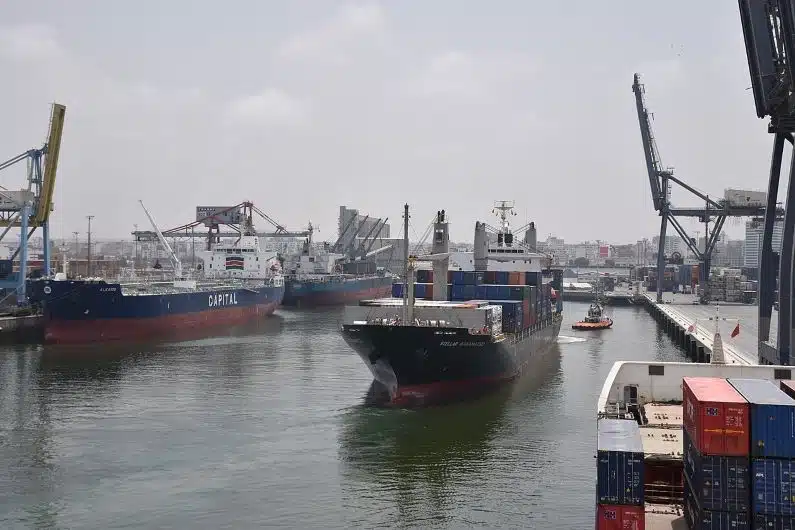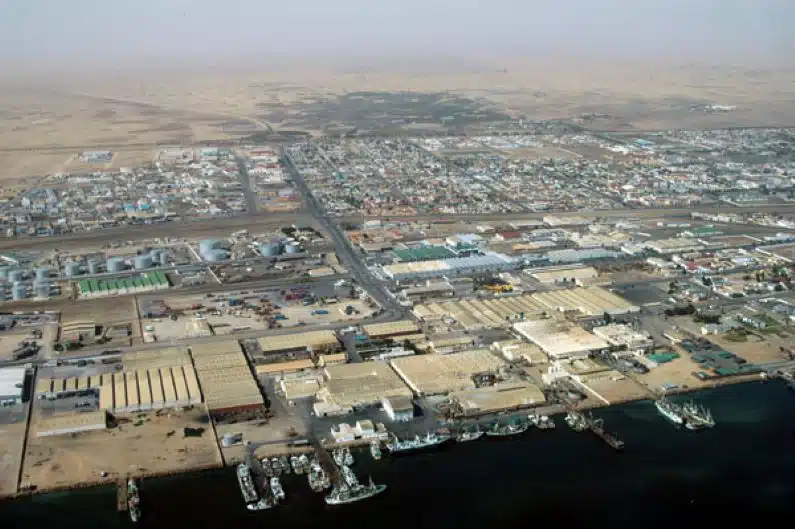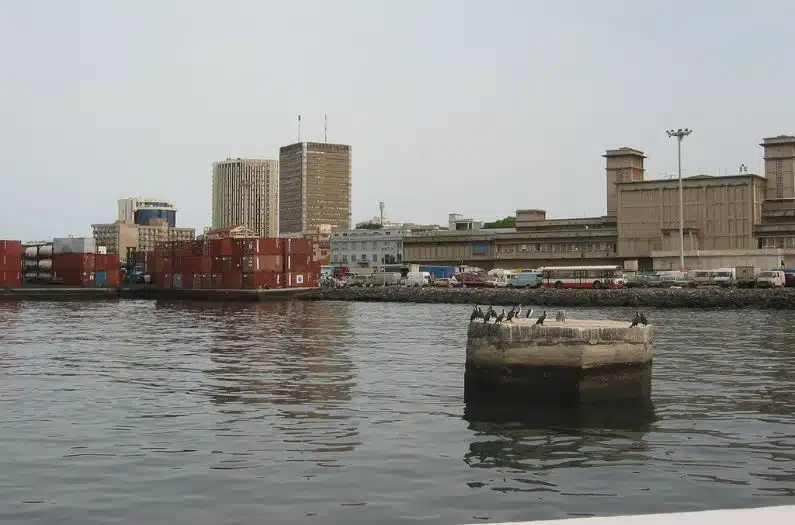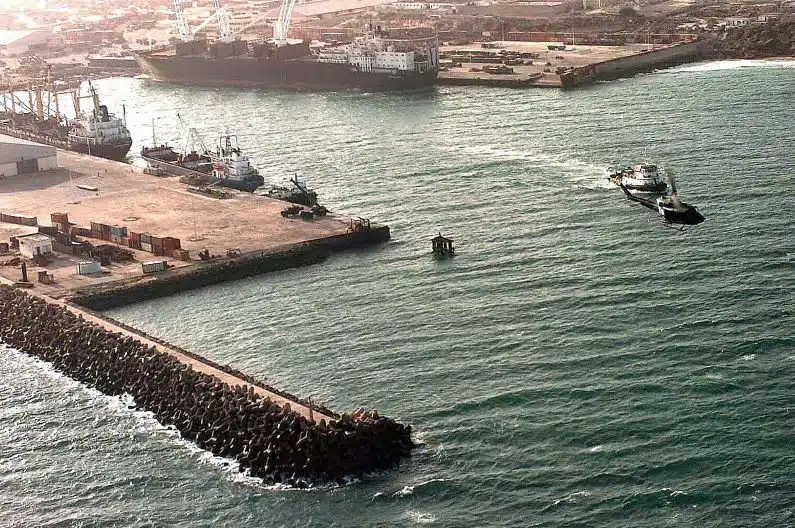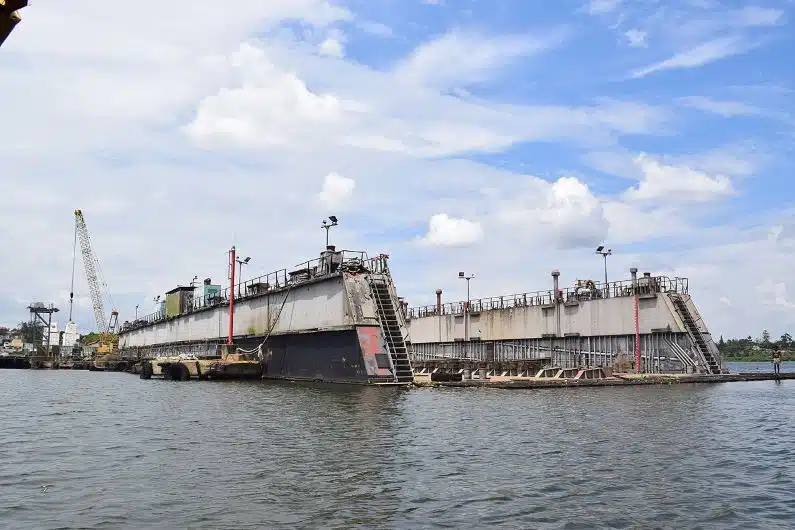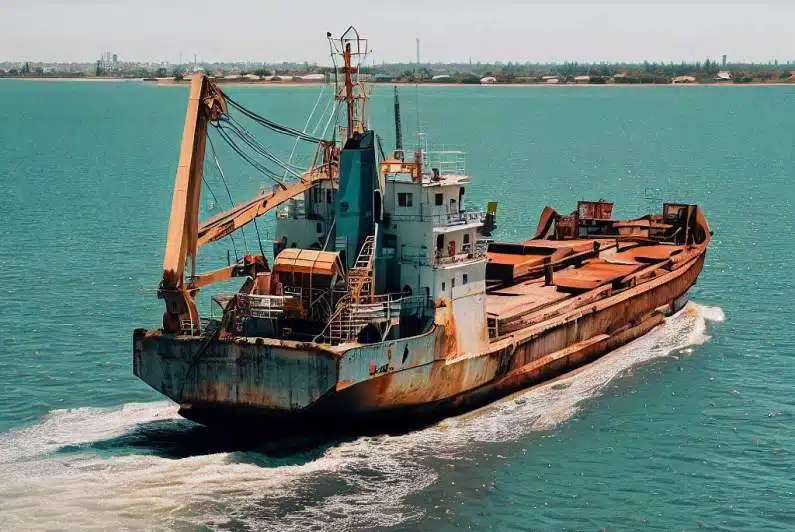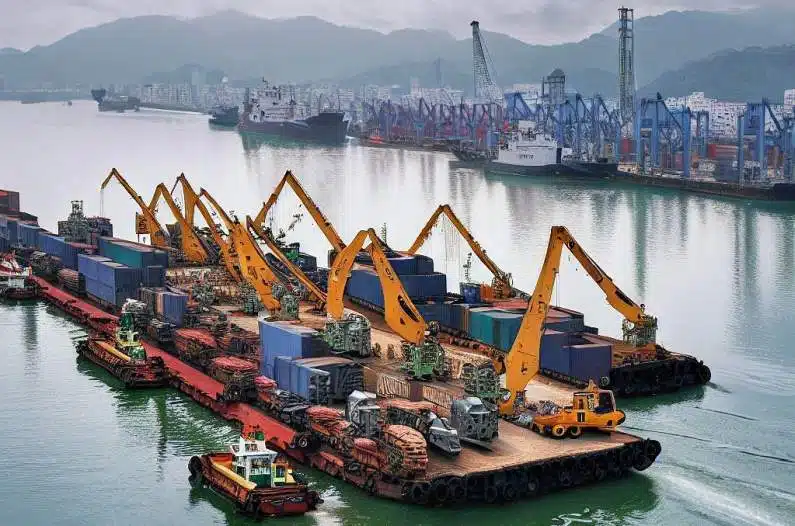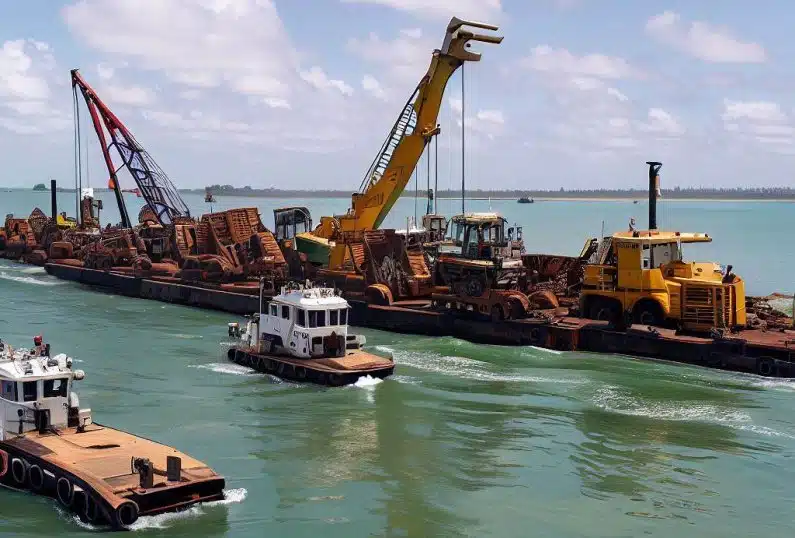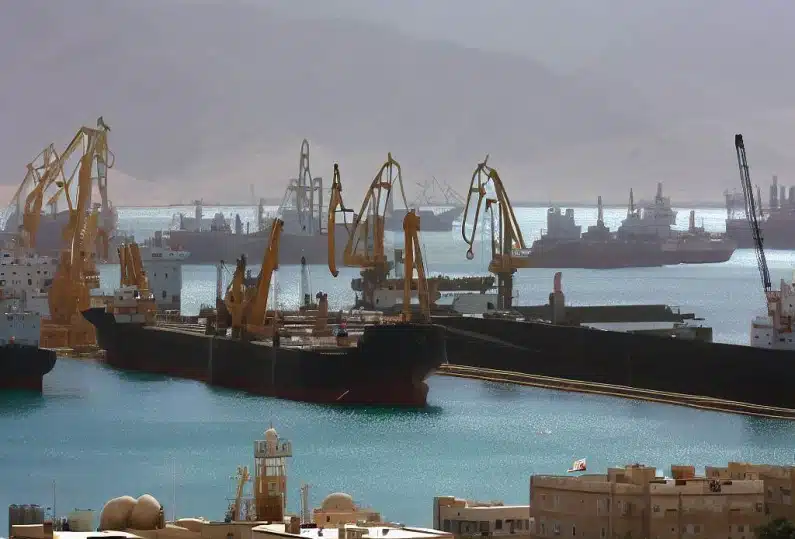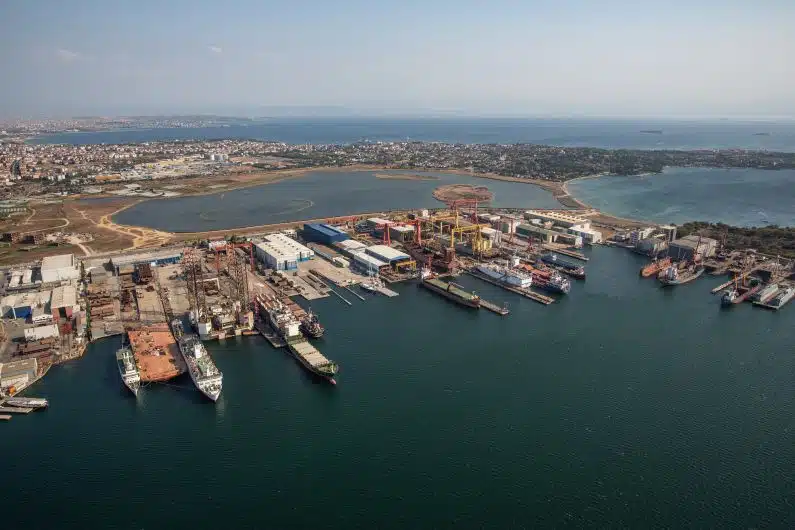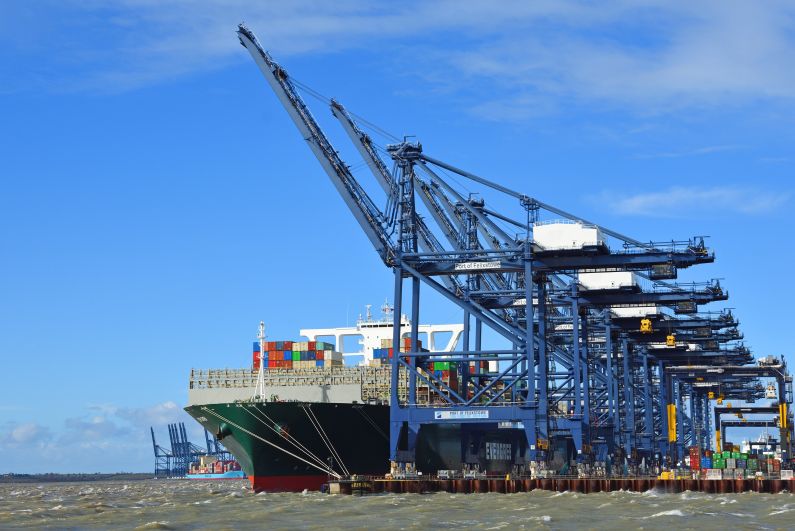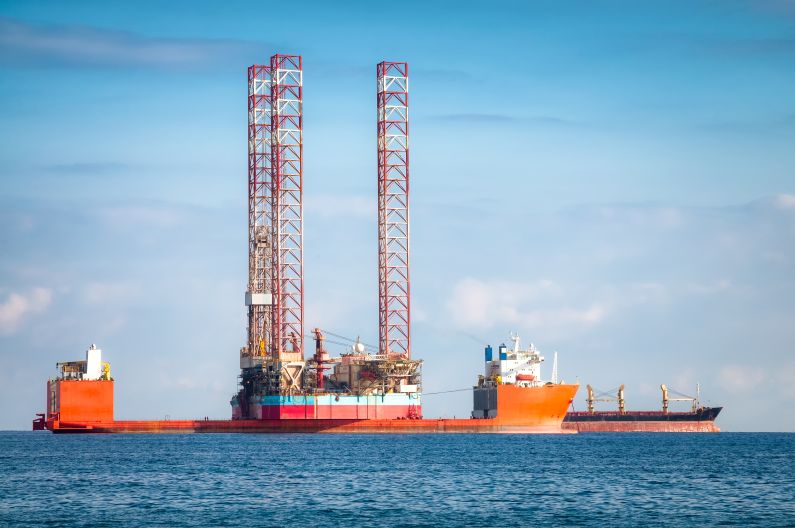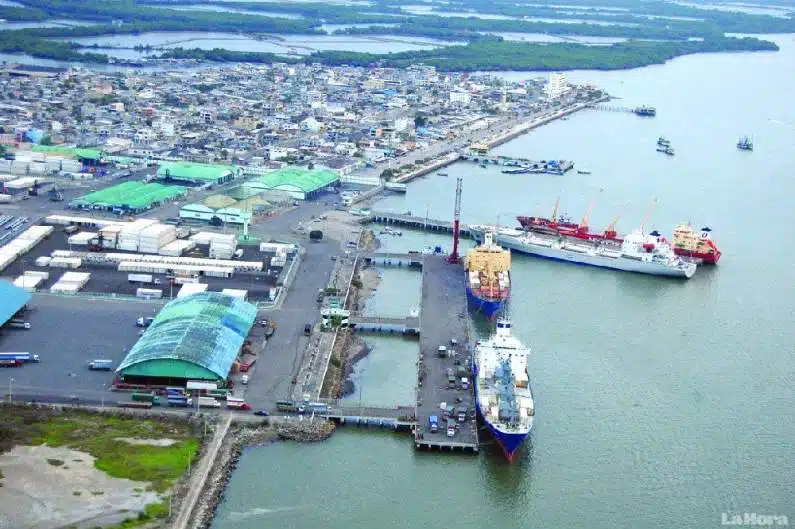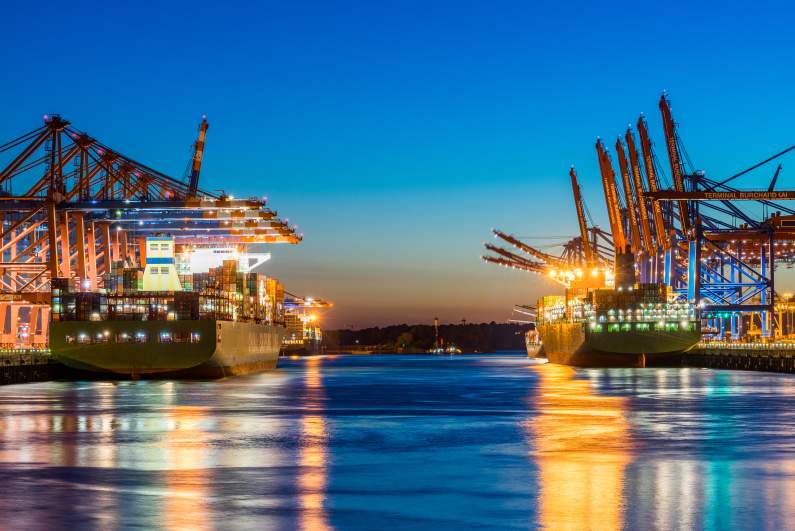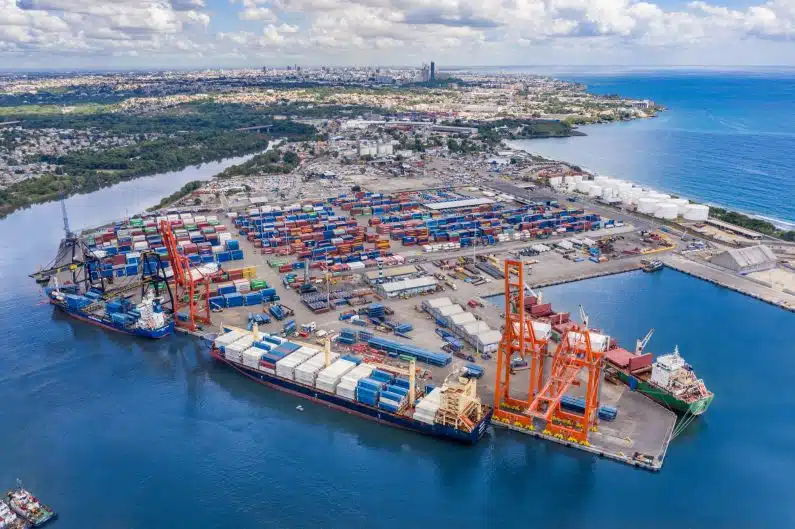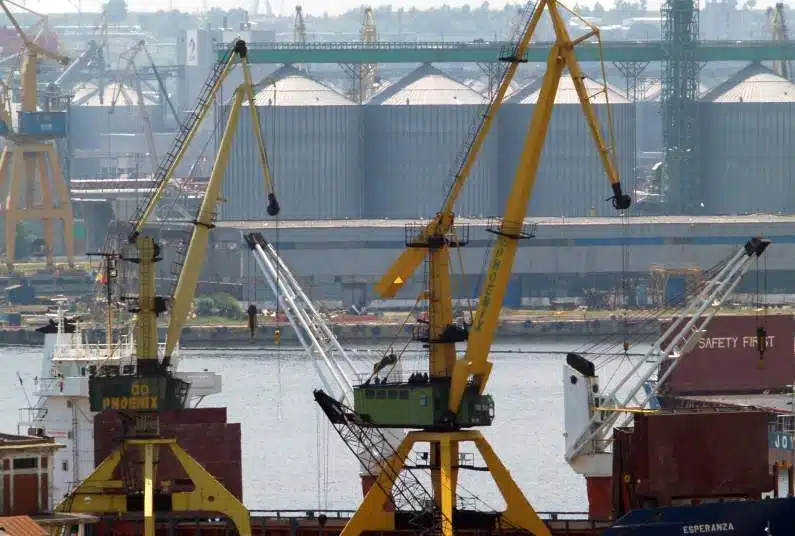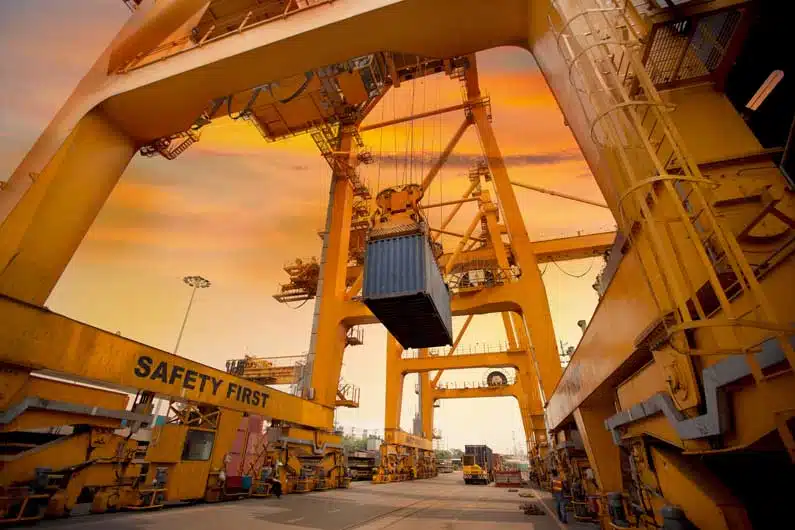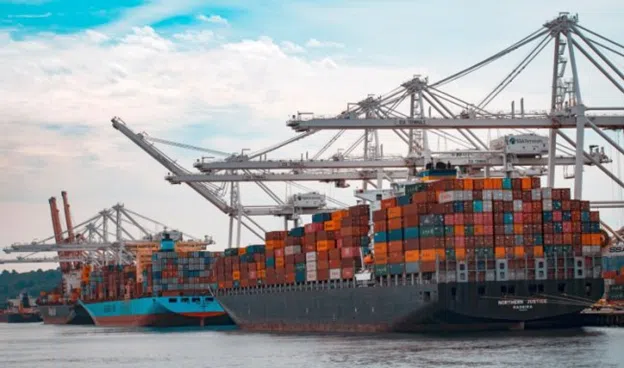Shipping heavy equipment to Cyprus plays a vital role in supporting the island nation’s construction and infrastructure development. With the increasing demand for machinery and equipment, efficient and reliable shipping to Cyprus is crucial for businesses looking to tap into the thriving market. By effectively navigating the complexities of international trade and logistics, businesses can contribute to the growth and development of Cyprus while maximizing their opportunities in this dynamic market.
Transporting Heavy Machinery to Cyprus
Cyprus is experiencing significant growth in construction and infrastructure projects, creating a strong demand for heavy machinery and equipment. By shipping to Cyprus, you contribute to the development of the country’s economy and support its ongoing progress.
Whether it’s for building new structures, improving transportation networks, or enhancing public facilities, the importation of heavy equipment is essential to meet the demands of Cyprus’ thriving construction sector.
Mastering the complexities of international trade and ensuring a smooth shipping process is key to successfully delivering your heavy equipment to Cyprus.
By collaborating with experienced logistics partners and complying with the necessary regulations and documentation requirements, you can contribute to the growth and development of Cyprus while maximizing your business opportunities in this dynamic market.
Navigating Regulations and Customs
Customs Protocols for Heavy Equipment
When shipping heavy equipment to Cyprus, it is crucial to comply with customs regulations and protocols. These may include specific documentation requirements such as the bill of lading, commercial invoice, and packing list.
Additionally, understanding duty payments and import restrictions for certain machinery is essential to ensure a smooth customs clearance process. Working with experienced customs brokers or freight forwarders familiar with the regulations can help navigate the complexities and ensure compliance.
Selecting the Right Freight Option
Choosing Between Sea and Air Freight
Shipping to Cyprus offers two primary freight options: sea and air. Sea freight is commonly used for its cost-effectiveness and capacity to handle large and heavy loads. It is suitable for equipment that doesn’t have time-sensitive delivery requirements. On the other hand, air freight provides a faster shipping option for time-sensitive shipments that require expedited delivery. Understanding the nature of your cargo and your specific timeline will help you choose the most appropriate freight option.
Freight Services and Consolidation
Freight services to Cyprus typically offer Full Container Load (FCL) and Less-than-Container Load (LCL) options. FCL involves shipping a full container dedicated to your cargo, ensuring exclusivity and maximum utilization of container space.
LCL allows you to share a container with other shippers, reducing costs for smaller shipments. Freight consolidation services can also be considered to optimize shipping efficiency and cost-effectiveness, particularly for businesses with multiple smaller shipments.
Ensuring Safe and Secure Transport
Proper Packaging and Handling
Ensuring the safe transport of heavy equipment shipping to Cyprus involves proper packaging and secure handling. It is crucial to use appropriate packaging materials that provide adequate protection during transit.
Additionally, securing the equipment within the packaging using appropriate restraints can prevent shifting and damage. Proper packaging and handling practices reduce the risk of damage and ensure that your valuable equipment arrives in Cyprus intact.
Insurance Coverage
Obtaining comprehensive insurance coverage for your heavy equipment is strongly recommended. Insurance provides financial protection in the event of unforeseen circumstances, such as accidents or damage during shipping. Working with an experienced insurance provider will help you determine the appropriate coverage for your specific cargo and mitigate any potential financial risks.
Cyprus Ports and Their Significance
Cyprus, strategically located in international trade routes, has vital ports that facilitate trade and logistics. The main ports include:
Limassol Port
This is the largest port in Cyprus, catering to both cargo and passenger needs. It handles the majority of the country’s container traffic, offering extensive services such as cargo handling and storage facilities. Limassol’s port has also grown as a significant cruise ship and ferry terminal, connecting Cyprus to other Mediterranean destinations.
Larnaca Port
Larnaca Port was traditionally the second major commercial port after Limassol. However, as of my knowledge cutoff in September 2021, the port has been reoriented more towards leisure, tourism, and potentially energy sector services, following the discovery of offshore gas fields in Cyprus.
Paphos Port
Paphos Port is mainly known for its role in tourism, being a popular area for restaurants, cruise travel, and recreational activities. It is not a significant commercial shipping hub.
Vasilikos Port
This is an emerging port that, according to plans as of 2021, is slated to become a new commercial port and energy hub of Cyprus, given its proximity to the recently discovered gas fields.
Please check with updated local sources as port status and uses may have changed since my last training data in September 2021.
Conclusion
Shipping heavy equipment to Cyprus is a complex logistical process that requires careful planning and adherence to customs regulations. Texas International Freight understands the importance of shipping heavy equipment to support Cyprus’ construction and infrastructure development. By partnering with us, businesses can ensure a seamless shipping experience.
We navigate customs protocols, provide proper packaging and handling, and arrange suitable freight options. With our expertise in logistics management, including accurate documentation and compliance, we guarantee safe and timely delivery. Partner with Texas International Freight for successful shipping to Cyprus and contribute to the nation’s ongoing development.
Frequently Asked Questions
Q: What documentation is needed for shipping heavy equipment to Cyprus?
A: Key documents include the bill of lading, commercial invoice, and a detailed packing list.
Q: Can all types of heavy equipment be shipped to Cyprus?
A: Most types can be shipped, but specific equipment may require special permits or be subject to restrictions. It is advisable to check with the Cyprus customs authority for specific requirements and regulations.

